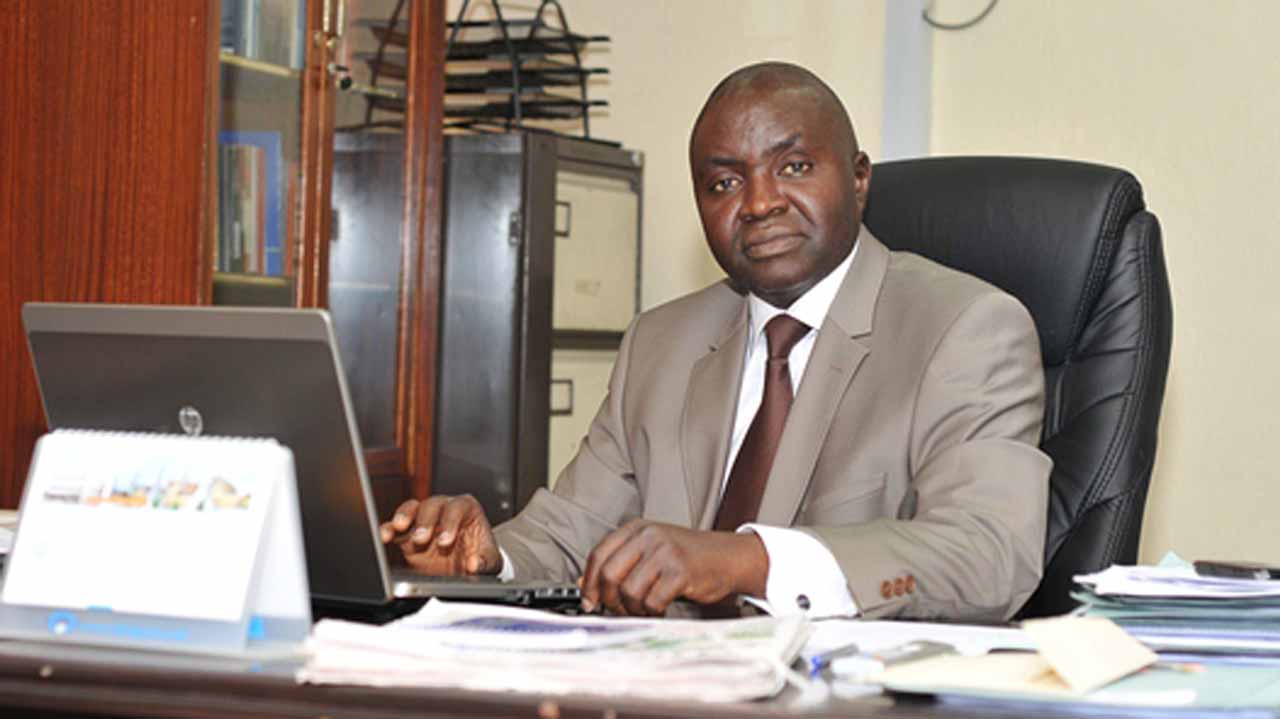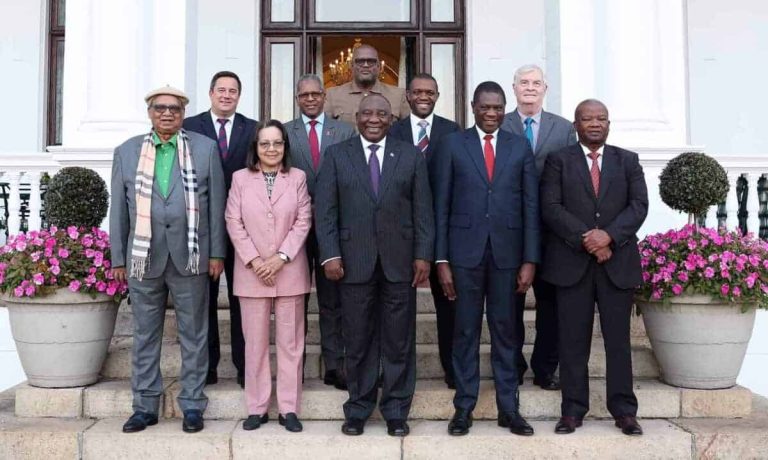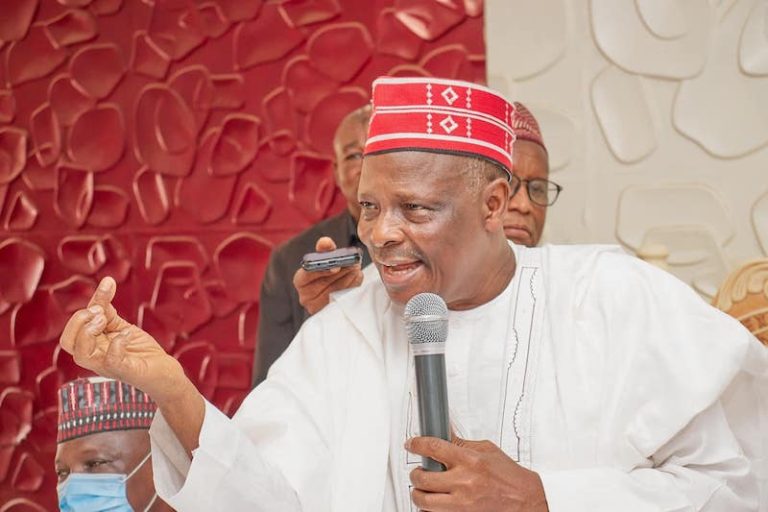
In a strategic move to shield the financial system from potential liquidity shocks, the Central Bank of Nigeria (CBN) has introduced a sweeping policy requiring commercial banks to hold 75 percent of all non-Treasury Single Account (TSA) public sector deposits as reserves.
This new measure, announced at the conclusion of the CBN’s latest Monetary Policy Committee (MPC) meeting, targets government funds including those held by ministries, departments, agencies, and other state-owned institutions that are still kept in commercial banks outside the TSA framework.
The Central Bank said the elevated cash reserve ratio (CRR) on these non-TSA deposits is aimed at controlling fiscal-induced liquidity inflows that could destabilise the broader economy.
Alongside the new CRR mandate, the MPC unveiled a set of policy adjustments intended to ease monetary conditions and boost credit availability in the economy. Key among these are:
- A 50 basis point cut in the Monetary Policy Rate (MPR), bringing it down to 27 percent
- A reduction in CRR for commercial banks from 50 percent to 45 percent
- CRR for merchant banks retained at 16 percent
- The liquidity ratio maintained at 30 percent
Reacting to the decisions, Muda Yusuf, Chief Executive Officer of the Centre for the Promotion of Private Enterprise (CPPE), praised the CBN’s move, describing it as a “prudent safeguard” to protect the financial system from fiscal volatility.
“The 75 percent CRR on non-TSA public sector deposits is a necessary step to prevent excessive liquidity injections that could undermine ongoing efforts to maintain price stability,” Yusuf stated.
He also welcomed the reduction in interest rates, calling it a timely intervention after months of aggressive monetary tightening. According to him, the broader shift toward easing monetary conditions is expected to enhance banks’ credit creation capacity, reduce borrowing costs, and improve access to finance particularly for small and medium-sized enterprises (SMEs).
Yusuf noted that the CBN’s pivot follows five consecutive months of disinflation, giving the apex bank the room to focus more on growth and investment without compromising macroeconomic stability.
However, he emphasised that monetary policy alone is not enough to deliver sustained economic recovery. He called on the government to implement complementary fiscal reforms, including: Strengthening public finance management,Accelerating infrastructure development, Improving the regulatory environment and Tackling insecurity, which remains a key barrier to private sector confidence and investment
In his words, the latest MPC decisions represent a “strategic and timely pivot” from a stabilisation-focused policy stance to one aimed at accelerating economic growth. But without robust fiscal and structural reforms, Yusuf warned, the full benefits of the CBN’s new direction may not be fully realised.



